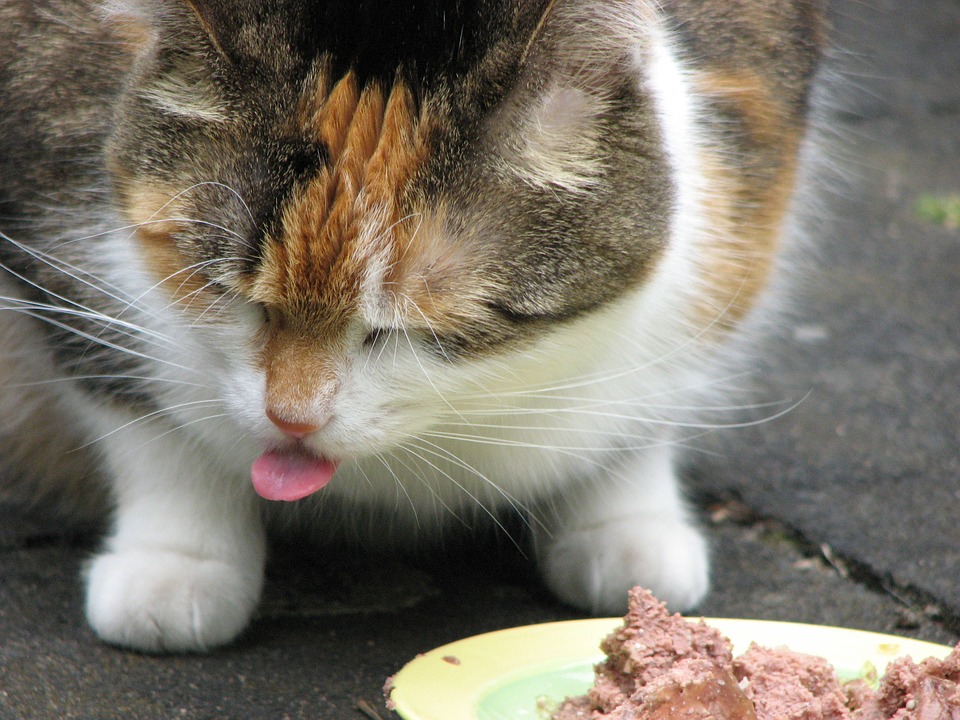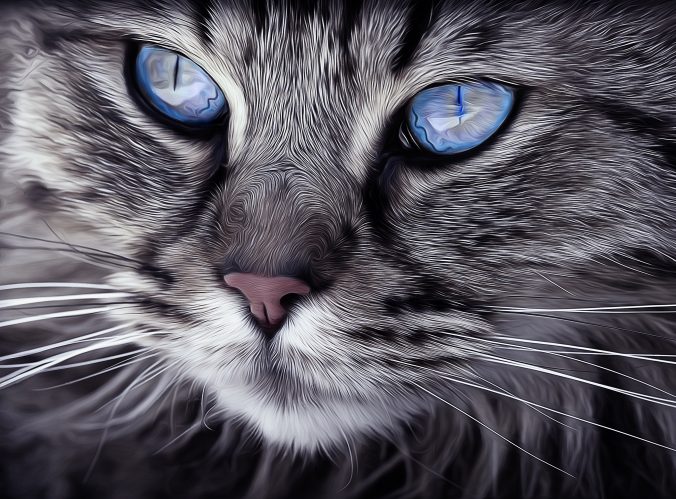When cats decide not to eat, we become worried about their health. Because when they decide not to eat, there may be some other underlying causes for them to lose their appetite. Let us see the following reasons of which our cats may be losing appetites.
The reasons why our cat may have seem to lose their appetite can be grouped into two, the psychological and medical reasons. Psychological causes are mainly due to change in environment while medical causes are due to diseases. Their only difference is that medical causes can also give symptoms such as vomiting, diarrhea, discharge of blood, etc.

Here are the common diseases that make cats lose their appetite.
- Liver disease – inadequate liver function will cause the liver to stop filtering the toxins and body waste. When this happens, it affects the brain as well making the cat lose appetite.
Liver diseases that are common in cats include the following. Chronic hepatitis which is not the same in humans. Blood circulation defect in the live called portosystemic shunt. Other diseases include cirrhosis (liver scarring), liver cancer, and bad reaction to drugs such as carprofen. All of these liver diseases will cause your pet to increase salivation, vomiting and sluggishness. - Pancreatic diseases – The pancreas purpose is to secret gastric juices to dissolve food so that the intestine can absorb it into tiny particles. When the pancreas malfunction it will secret more than the usual amount of gastric juices and eventually affect the intestines.
The corrosive juices that the pancreases secrete will cause the pancreas and the surrounding tissues to be damaged. The pain it causes will make the animal unwilling to eat and cause vomiting as well. Another pancreatic disease to look out for is pancreatic cancer. - Urinary tract diseases – Your cat may have ulcers in the mouth and the stomach because of uremia. A disease that accumulates waste in the blood stream. Because the kidney of your cat loses a lot of water he or she will eventually drink more. If the bladder is infected, it will not affect the cat’s appetite.
- Blood disease – diseases of the blood cause the cats to become more inactive and sluggish. Blood diseases that cause loss of appetite are the following. severe anemia, cancer of the blood), and polycythemia.
- Eyes, mouth and throat disease – it is hard for your cat to eat when chewing is painful as caused by mouth diseases. Smelling is important for animals as they use their sense of smell to recognize their food, if they have problem smelling they may not know if the food is good.
This following diseases are very serious not only to humans but to cats as well. If we see and know that a human being suffers from these diseases we bring them immediately to the hospital. That should be the same case as well for our pets, because event thought they can not talk to us, their body language can tell us that they need our help when they encounter these diseases.




